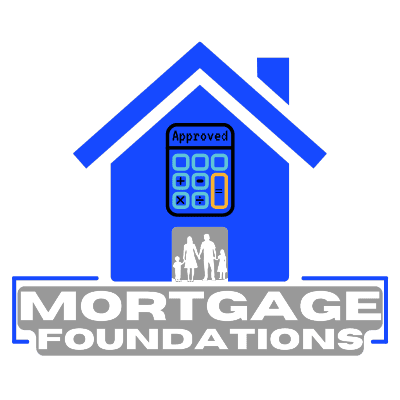Episode # 38 of the Mortgage Foundations Podcast
Today, I am going to discuss private mortgages, the difference between the types of private mortgage lenders, as well as explain some common uses and risks of a private mortgage.
First, it is important to note that a private mortgage is not for everyone, and your Mortgage Broker should exhaust all other options before recommending a private mortgage. Further, a private mortgage should only be used as a short-term solution with a clear exit plan.
When it comes to private mortgage lenders, there are mainly two different types, and one is more similar to an alternative lender than a private. This type of lender is called a Mortgage Investment Corporation, or MIC for short and then we have the regular individual private mortgage lender. There are some important differences between the two, and these differences need to be considered when deciding to proceed with either of the lenders.
A Mortgage Investment Corporation is a collection of private investors that pool their funds together by buying shares in the corporation, much like a regular investment. The funds are then handled by the funds manager and used to fund many different mortgages through Mortgage Brokers looking for a solution for their clients when other options are lacking. A Mortgage Investment Corporation is provincially registered and requires a license to operate.
An individual private mortgage lender is a single investor that funds a mortgage using their own investment capital. This type of private lender does not need to be registered or licensed; however, they do need to operate with a licensed Mortgage Brokerage in order to lend their funds.
A private mortgage solution can be required for many different reasons, such as an unconventional property type that a conventional lender won't entertain, a new construction property, a poor credit score and history that doesn't fit conventional lender guidelines, the need for a quick closing, or even a debt consolidation solution.
As mentioned previously, no matter the reason for requiring a private mortgage, nor the type of private mortgage lender, in most cases, a private mortgage should only be a short-term solution and there should be a clear and reasonable exit strategy from the private mortgage. Even though a private mortgage may be renewable at the end of a term, renewing a private is not normally a viable strategy and may prove to be costly.
In most cases, a private mortgage will have a monthly payment, just like a conventional mortgage; however, will likely be comprised of interest only. This means that at the end of the term of the private mortgage, the amount owing will be the same or greater than the amount that was advanced on closing day. Some private mortgages do offer blended payment options; but, the payment will usually be comprised of mostly interest, with little being paid towards the principal.
Private mortgages are commonly offered in shorter terms when compared with a conventional mortgage. This fits perfectly with the fact that private mortgages are a short-term option. A common term for a private mortgage is one year and may be open, meaning it can be paid out at any time, or closed, meaning there will be a prepayment penalty if it is paid out early.
When it comes to the interest rates of a private mortgage, they are higher than a traditional lender and are set by the lender based on their source of funding and risk appetite, as well as their rate of return to their investors. It is not un-common to see private mortgage rates above ten percent; however, there are many private mortgage lenders that have competitive interest rates not very far off of a conventional alternative lender.
There are also fees involved with a private mortgage, and it is very important to pay attention not only to the fees to enter the private mortgage but also the fees and costs to get out later on. Your Mortgage Broker should review the lending documents fully and be able to communicate all fees clearly, as well as costs that should be expected, and also outline any fees that may come up later on. A great interest rate on a private mortgage may not be all that great when the fees and costs are added on and the Annual Percentage Rate is calculated.
Common fees associated with a private mortgage are lender fees, broker fees, appraisal fees, set-up fees, administration fees and increased legal fees. Potential future fees, such as renewal fees or prepayment penalties, should be clearly understood ahead of time so there are no surprises later on.
Before proceeding with a private mortgage, you should ask your Mortgage Broker if they have dealt with this lender previously, or if they are aware of their business practices and how they handle their mortgages, not only at the start; but, throughout the term to the end as well. This includes how they handle renewals in case one is required in the future. Online reviews are important as well; however, keep in mind that many of the negative reviews maybe from past clients who simply were not made aware of the pros and cons of the mortgage they were being put into. This is where full disclosure and transparency comes in and should be of the utmost of importance for all types of mortgages, especially private mortgages.
In conclusion, a private mortgage is a short-term solution that is offered through a Mortgage Broker by a Mortgage Investment Corporation or a private investor. These mortgages will likely feature higher interest rates and have fees involved, which need to be considered before proceeding with the mortgage. A private mortgage should be a last resort solution after all other options have been exhausted.
